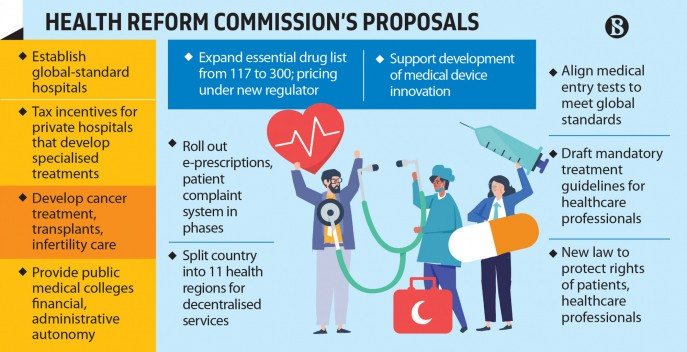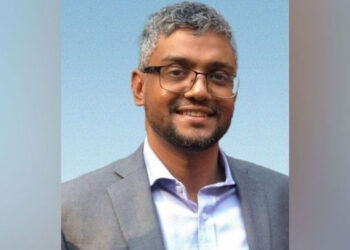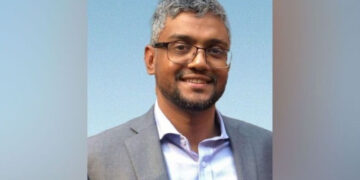Bangladesh is planning to improve its healthcare system through many important changes. A special healthcare reform commission has made several suggestions to make hospitals better, reduce the need to go abroad for treatment, and make healthcare more patient-friendly and modern.
Building World-Class Hospitals
The government wants to build top-quality “Center of Excellence” hospitals in the country. These hospitals will offer advanced treatments for cancer, kidney, liver and heart transplants, and infertility—so that people don’t have to go abroad for such treatments. These services will also be included inside medical colleges.
Online Complaint Platform
If patients are displeased with their treatment, they will be able to file a complaint through a new online portal. This would help to solve problems more quickly while also making the healthcare system more transparent and accountable.
Support for Private Hospitals
Private hospitals that invest in infection control, transplant surgery, and cancer treatment will receive tax incentives and other benefits. This will inspire them to improve hospitals in Bangladesh.
Hospitals in tourist areas will attract foreign patients
The commission also advised developing new hospitals in tourist locations. This way not only will Bangladeshis receive better care, but patients from other countries may also visit Bangladesh for treatment.
Read More: Beijing Warns Against Countries Seeking to Please the US At the Expense Of CHINA
Controlling Medicine Prices
A new independent agency will be formed to manage and monitor the price of medicines. The number of essential medicines with fixed prices will go up from 117 to 300. Some medicines for long-term diseases will also be provided free of cost at community clinics.
Helping Local Innovation
The commission wants new laws to support local inventors and companies that make medical equipment and medicines. The government will help them bring their products to the market faster.
Guidelines and Quality Checks
A new organisation known as the “Bangladesh Institute of Centre of Excellence” will develop treatment guidelines that all doctors must follow. A special team will monitor doctors’ adherence to these guidelines and, if necessary, take appropriate action.
Increased Freedom for Government Medical Schools
Government medical colleges will have more flexibility in managing their budgets and plans. The Bangladesh Health Commission, however, will continue to have supervision over them.
E-Prescription System is Coming Soon
Digital prescriptions will be implemented first in large hospitals, then in district and sub-district hospitals. This will make the system more modern and organised.
Making NIPORT a Full Research Center
The National Institute of Population Research and Training (NIPORT) will be developed into a full national research and training centre to improve health research and education.
Better Medical Admission Tests
Medical college admission tests will be improved to match international standards like those in the USA, Canada, and Australia. Questions will be made suitable for students studying in English medium too.
Read More: Harvard vs. Trump Administration: A Legal Battle Over Research Funding
Dividing Country into Health Regions
The country will be divided into 11 health regions. Dhaka and Chattogram will each have one regional unit, and the other eight divisions plus hill districts will have separate units. This will make healthcare management more efficient.
Law to Protect Patients and Doctors
A new law called the “Healthcare Receiver and Provider Protection Act” will be proposed. This will protect the rights of both patients and doctors.
Changes in Three Phases
According to the head of the commission, Professor Dr. A. K. Azad Khan, the changes will be planned in short-term, mid-term, and long-term steps. The final recommendations will be submitted by April 30.
These plans aim to make healthcare in Bangladesh more modern, affordable, and trustworthy. If the suggestions are followed, people won’t have to travel abroad for treatment as often, and everyone in the country will benefit from better healthcare services.
Source: TBS
Share via:



















